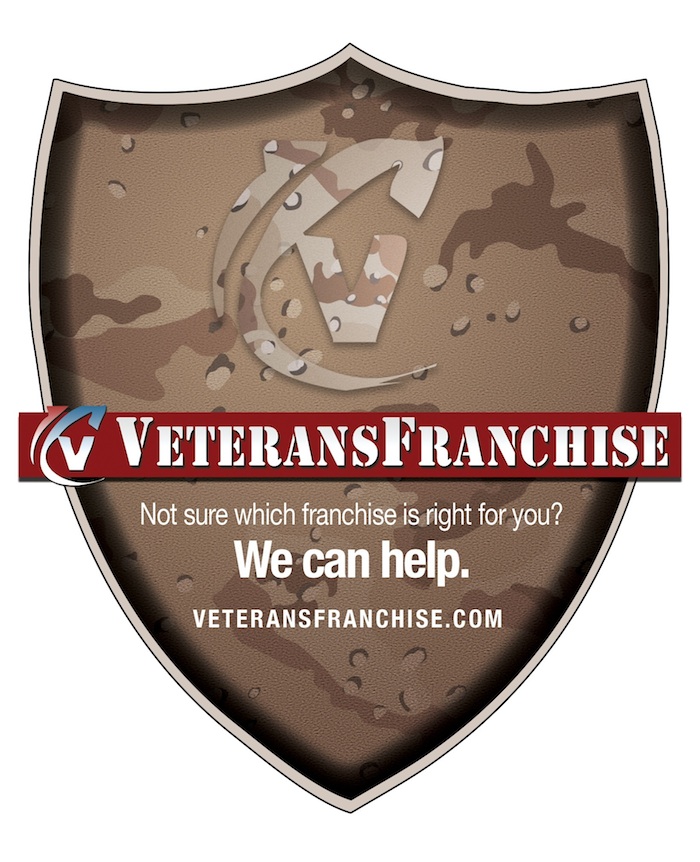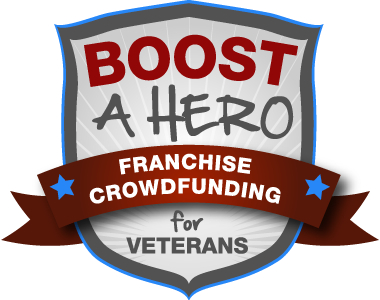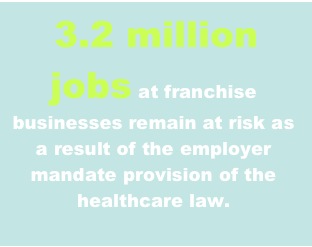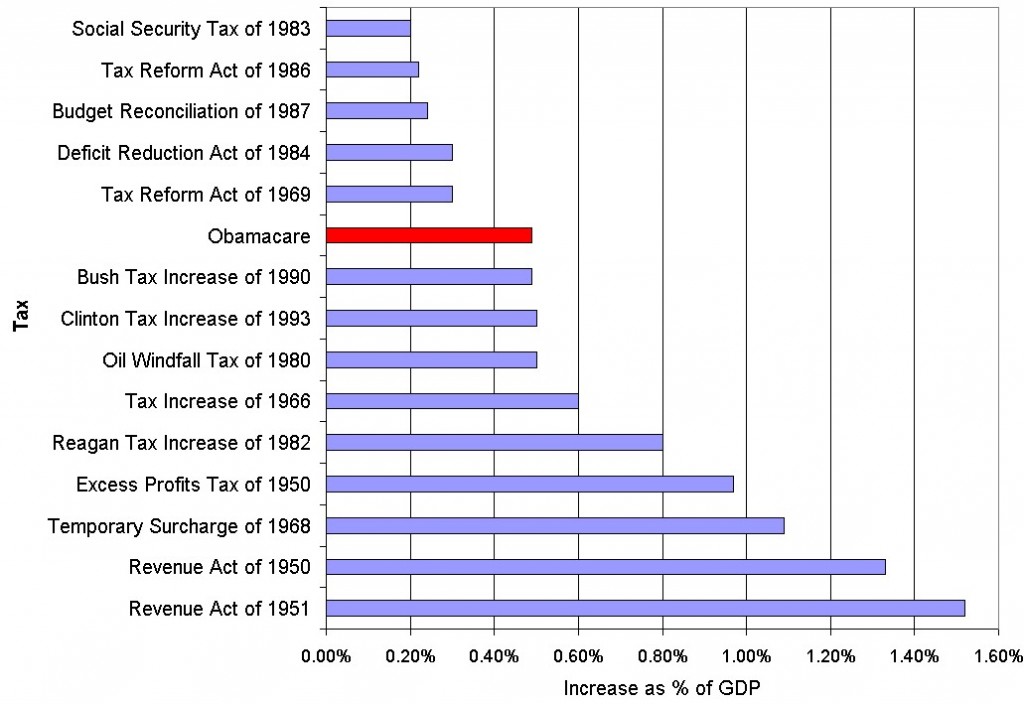Military Veterans Find Themselves On Most-Wanted List
Veterans Franchise.com and Sprigster join forces to encourage small business ownership amongst veterans
CHARLESTON, S.C. — Military veterans returning from duty are finding themselves on a most-wanted list as Veterans Franchise.com and Sprigster join forces to combat veteran unemployment and encourage small business ownership.
Franchise lead generation company Veterans Franchise.com has teamed up with Sprigster’s “Boost a Hero” platform to help military veterans in their quest to become small business owners.
“The franchise industry is a strong supporter of veterans,” explains David Schwartz, chief executive officer of Veterans Franchise.com. “Many franchise opportunities are aggressively recruiting veterans as franchisees. They realize how perfectly military training translates into franchise ownership.”
Many franchise systems offer special incentives to military veterans through specialized training, waived fees, and other financial benefits. Yet, for some veterans finding funding to start a franchise remains difficult.
Sprigster’s “Boost a Hero” program, a crowdfunding platform for veterans who wish to “hire themselves” through business ownership fills the gap left open by the current small business lending environment.
“Boost a Hero facilitates access to capital for veterans and military spouses,” says Mark Mohler, chief executive officer of Sprigster.
“We’re extremely excited to be partnering with Sprigster’s “Boost a Hero” platform,” says Schwartz. “Finding funding can be a formidable obstacle to franchise ownership but “Boost a Hero” is giving veterans a way to overcome it.”
Veterans Franchise.com and the other two websites in its network, Franchise Clique.com and Franchise Buy.com, will display large “Boost a Hero” logos and badges to direct veterans to the crowd-funder’s website.
For military veterans who are unsure of which franchise concept is right for them, Sprigster CEO Mark Mohler suggests visiting Veterans Franchise.com.
“Veterans Franchise.com is solely dedicated to helping veterans find and connect with franchise concepts that are aggressively recruiting those with a military background,” says Mohler.
“Both Veterans Franchise.com and Sprigster are rallying the crowd together in support of America’s veterans.”
About Sprigster
Sprigster’s Boost a Hero program is the first crowdfunding platform to bring the power of crowdfunding solely to benefit US military veterans. Sprigster was founded and is operated by serial entrepreneurs with extensive experience in building and advising social enterprises. Sprigster’s Boost a Hero program was designed to facilitate access to capital for qualifying U.S. veterans and now to military spouses. For more information about Sprigster, please visit http://www.sprigster.com.
About VeteransFranchise.com
VeteransFranchise.com is an online portal designed to connect military veterans with franchises and business opportunities that provide support, financial benefits and other incentives for those who have been a member of the armed forces. In addition, VeteransFranchise.com provides lead generation services to those franchises that are committed to aiding military veterans become business owners. For more information, visit www.veteransfranchise.com or email info@veteransfranchise.com.
###








